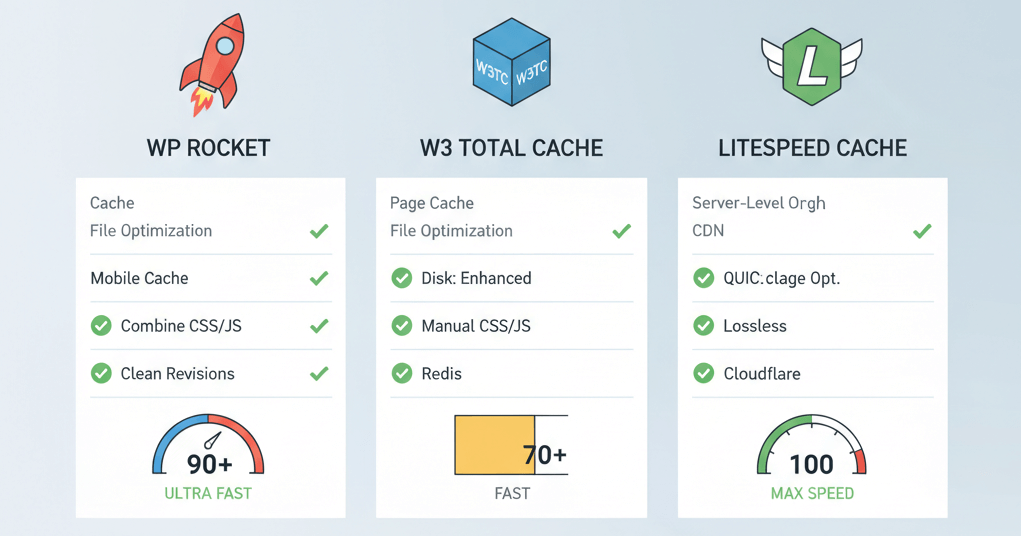DIY vs. Professional Website Repair: Which is Right for You?

Your website is a critical asset, and when issues arise, the immediate thought is often: "Can I fix this myself?" While a do-it-yourself (DIY) approach can be cost-effective for minor problems, larger or more complex issues can quickly become overwhelming, time-consuming, and potentially lead to further damage. Deciding whether to tackle a website repair yourself or hire a professional is a crucial decision that impacts your site's performance, security, and ultimately, your business. This guide will help you weigh the pros and cons of both approaches and determine which path is right for you when your website is stuck.
Understanding Your Options: DIY vs. Professional
The DIY Approach: Taking Matters into Your Own Hands
Pros:
-
Cost Savings: The most obvious advantage is avoiding professional service fees. You only invest your time.
-
Learning Opportunity: You gain a deeper understanding of your website's backend, troubleshooting techniques, and common issues.
-
Immediate Action: For simple, self-diagnosed problems, you can start working on a fix right away without waiting for external support.
Cons:
-
Time-Consuming: Diagnosing and fixing problems can take hours, days, or even weeks, especially if you're unfamiliar with the underlying code or system. This time could be spent on your core business activities.
-
Risk of Further Damage: Incorrect troubleshooting or improper fixes can exacerbate the original problem, break other functionalities, or even lead to data loss. A botched attempt to fix a "500 Internal Server Error," for example, could compound the issue, as discussed in how to troubleshoot a "500 Internal Server Error".
-
Limited Expertise: You might lack the specialized knowledge (e.g., in server management, database optimization, security forensics, complex PHP issues) required for complex or obscure problems. Our guide on PHP exploits & vulnerabilities, for instance, details issues that are hard to fix DIY.
-
No Guarantees: There's no assurance that your DIY fix will be permanent, effective, or won't introduce new vulnerabilities.
-
Stress and Frustration: Technical problems can be highly frustrating, especially when they disrupt your business.
The Professional Approach: Hiring a Website Repair Expert
Pros:
-
Expertise and Experience: Professionals have in-depth knowledge of various platforms, coding languages, server environments, and common attack vectors. They've likely seen and fixed your exact problem many times before.
-
Faster Resolution: Experts can diagnose and resolve issues much more quickly, minimizing downtime and its impact on your business. Our case studies illustrate this speed.
-
Comprehensive Solutions: Beyond just fixing the immediate problem, professionals often identify underlying vulnerabilities and implement preventative measures to stop future occurrences (e.g., hardening security after a hack, as seen in how to protect against hacks).
-
Peace of Mind: Knowing your website is in capable hands allows you to focus on your core business activities without constant worry.
-
Guaranteed Results: Reputable repair services often offer guarantees for their work.
-
Access to Advanced Tools: Professionals use specialized diagnostic tools and software that aren't typically available to the average user.
Cons:
-
Cost: Professional services come with a fee. However, consider this an investment rather than an expense, especially when weighing the cost of ignoring website issues.
-
Finding the Right Expert: It requires some effort to research and select a reputable, experienced, and trustworthy repair service.
Step-by-Step: Deciding Which Path is Right for You
When faced with a website problem, use this decision-making process:
Step 1: Assess the Severity and Impact of the Issue
-
Is your website completely down? If yes, this is a critical emergency. Every hour of downtime costs you revenue and reputation. This is almost always a sign to hire a website repair expert immediately.
-
Is your website hacked or showing security warnings? If you see "Dangerous Site" warnings or suspicious redirects (as in how to remove dangerous site warnings), security is compromised. This requires expert intervention to thoroughly clean and secure your site and prevent reinfection.
-
Is a critical functionality broken (e.g., contact form, checkout)? If your contact form isn't working (why contact form not working) or e-commerce payments are failing (why e-commerce not processing payments), your business is directly impacted. Moderate to high severity, often warrants professional help.
-
Is your website experiencing persistent slowness? While frustrating, this might not be an immediate emergency unless it's severely impacting user experience or SEO. You might attempt DIY first, but if persistent, an expert can perform comprehensive performance audits (related to why your website is so slow).
-
Are images not loading or is the layout broken? These are visual issues that degrade user experience. You might attempt DIY (referencing images not loading troubleshooting or why website layout broken). If you get stuck, call an expert.
Step 2: Evaluate Your Own Capabilities and Resources
-
Do you have the technical knowledge? Are you comfortable with concepts like FTP, database management (phpMyAdmin), server logs, and debugging code? If not, a professional is safer.
-
Do you have the time? Can you realistically dedicate hours or days to research, troubleshoot, and implement fixes without impacting your other responsibilities?
-
Do you have a recent, reliable backup? Before any DIY attempt, ensure you have a full, working backup. If not, a professional can often help with recovery before you make changes. Remember the importance of backups for your website.
-
Are you confident? Do you feel confident that you can identify the root cause and implement a fix without making things worse?
Step 3: Consider the Cost of DIY vs. Professional
-
DIY Cost: (Your hourly rate x hours spent) + potential loss of revenue due to downtime + potential costs of further damage.
-
Professional Cost: Service fee. This is often a fixed rate for common issues or an hourly rate for complex ones. Get a clear quote upfront.
Step 4: Make the Decision
-
Choose DIY if: The issue is minor, you have clear troubleshooting steps, you have the time and technical comfort, and you have a solid backup.
-
Choose Professional if:
- The website is down or hacked (critical emergencies).
- You've tried basic troubleshooting and are stuck or getting errors.
- The issue is complex and requires specialized knowledge (e.g., server configurations, database corruption, deep code debugging, persistent performance issues).
- You lack the time, expertise, or confidence to fix it without risk.
- The cost of prolonged downtime or potential further damage outweighs the professional fee.
When You're Stuck: Why WebCareSG is Your Solution
At WebCareSG, we specialize in rescuing websites from all kinds of predicaments. If you've reached a point where DIY feels overwhelming, or you're concerned about making things worse, we are here to help. Our team of experts provides:
-
Rapid Diagnosis: We quickly pinpoint the root cause of your website's problems, saving you valuable time.
-
Effective Solutions: We implement precise and lasting fixes, ensuring your website functions optimally and securely.
-
Preventative Measures: Beyond the fix, we advise on and implement strategies to prevent recurrence, contributing to your regular website maintenance.
-
Peace of Mind: Let us handle the technical headaches so you can focus on growing your business.
Don't let website issues linger and harm your online presence. If you're stuck, or simply want the job done right the first time, contact WebCareSG today for expert website repair and support.
Related WebCare Solutions
Configure WordPress Caching: Optimal Settings for Speed and SEO
A practical guide comparing popular WordPress caching plugins and providing optimal settings for page, object, and browser caching to drastically improve website speed and user experience.
Why is My Product Page Not Loading? Troubleshooting Guide
Discover common reasons why your product page might not be loading and learn how to troubleshoot database errors, plugin conflicts, and other issues.
Turbocharge Your Website: 7 Simple Steps to Speed Up Your Site Today!
How do you turn that tortoise into a hare? Let’s dive into some effective strategies that will have your website zipping along in no time!
Ready to get started?
Focus on your business while we fix your website. Contact WebCareSG today for fast, reliable solutions!
Whatsapp us on


